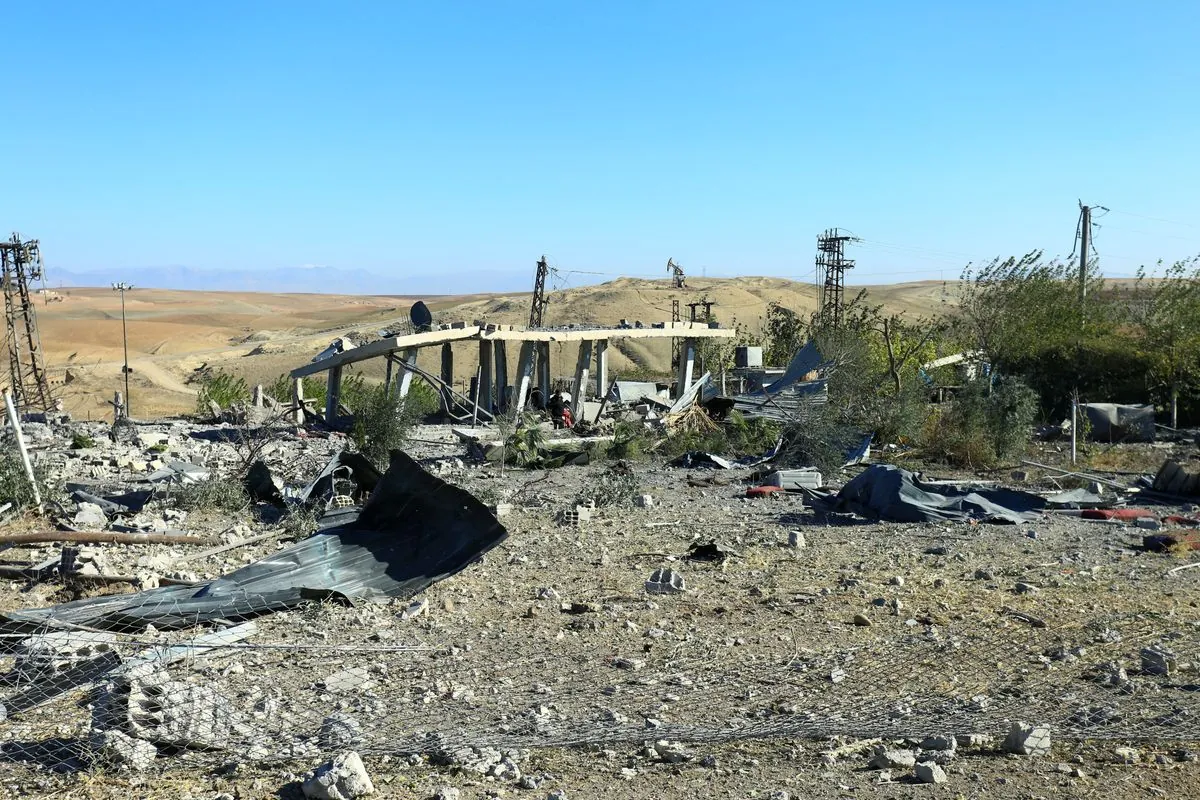On August 18, 2024, a Turkish drone strike in northern Iraq resulted in three fatalities, igniting a controversy over the identities of the victims and the legality of the operation. The incident occurred near Sulaymaniyah, the cultural capital of Iraqi Kurdistan, an autonomous region in northern Iraq.
Iraqi Kurdistan's counter-terrorism service initially reported that the strike targeted a vehicle belonging to the Kurdistan Workers Party (PKK). According to their statement, a senior PKK member, along with his driver and a guard, were killed in the attack. However, this account was later challenged by Qubad Talabani, the Deputy Prime Minister of Iraqi Kurdistan and son of former Iraqi President Jalal Talabani.
Talabani asserted that two of the victims were journalists, not members of an armed group. He strongly condemned the attack, stating, "The killing was unjustified, violated all international laws and norms, and was a clear breach of the country's sovereignty."
This incident is part of Turkey's ongoing military operations against the PKK in northern Iraq. The conflict between Turkey and the PKK dates back 40 years, with the group launching an insurgency in 1984. Initially seeking an independent Kurdish state, the PKK has since moderated its goals to demanding greater Kurdish rights and limited autonomy in southeast Turkey.
The PKK, founded by Abdullah Öcalan in 1978, has evolved ideologically from Marxism-Leninism to democratic confederalism. It is estimated to have between 5,000 and 10,000 fighters, with activities extending beyond Turkey to Syria, Iran, and Iraq. The group has been designated as a terrorist organization by Turkey, the United States, and the European Union since the 1990s.
Turkey's cross-border operations in northern Iraq, which have been ongoing since the 1980s, have strained relations with the Iraqi government. The use of armed drones in these operations has increased in recent years, raising concerns about civilian casualties and violations of international law.
"The killing was unjustified, violated all international laws and norms, and was a clear breach of the country's sovereignty."
The conflict has resulted in significant civilian casualties over the years, with both Turkey and the PKK facing criticism from international human rights organizations for alleged human rights violations. As of 2024, more than 40,000 people have lost their lives in this protracted struggle.
This latest incident underscores the complex geopolitical dynamics in the region and the ongoing challenges in resolving the Kurdish issue. It also highlights the need for greater scrutiny of cross-border military operations and their impact on civilian populations and regional stability.
